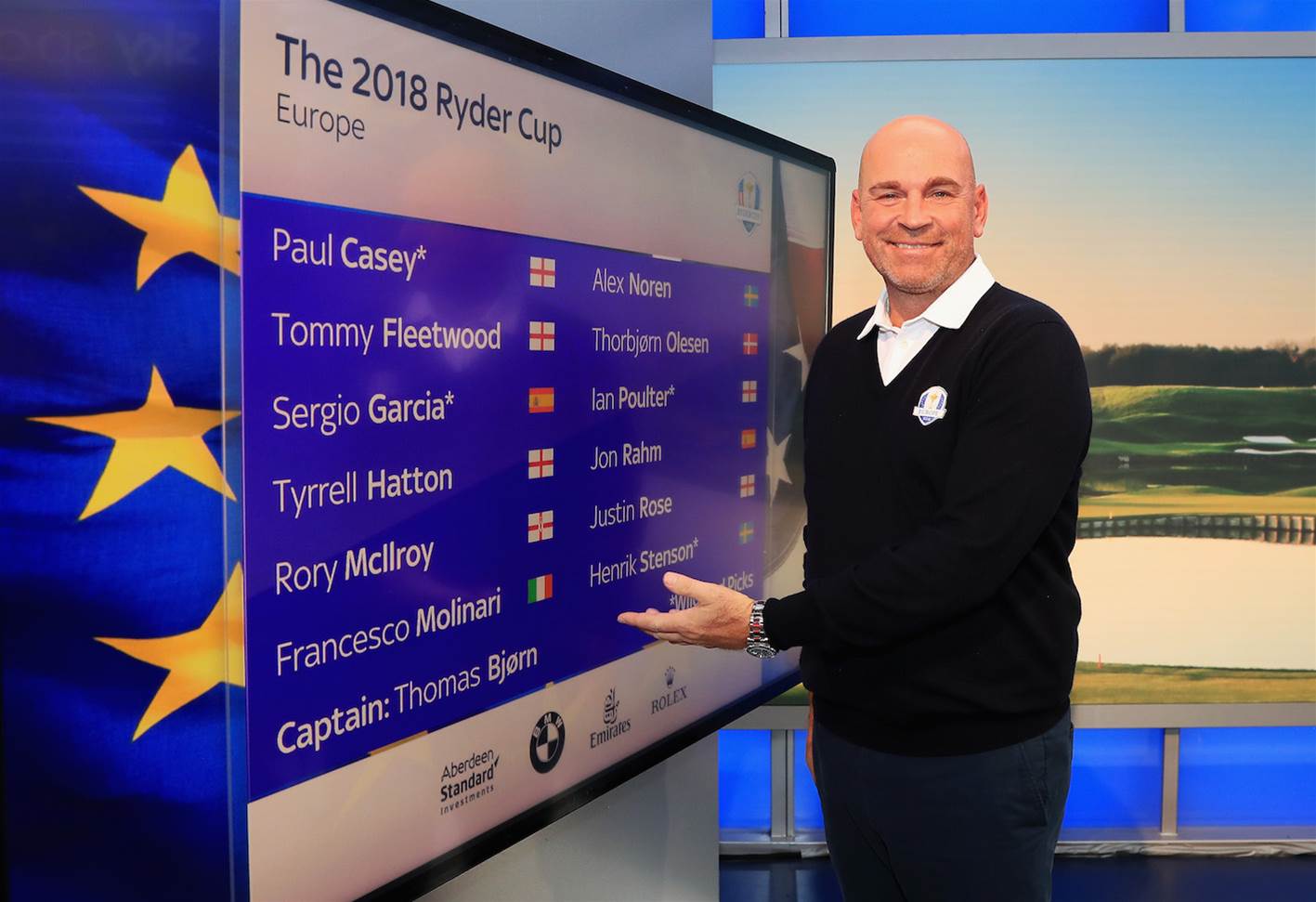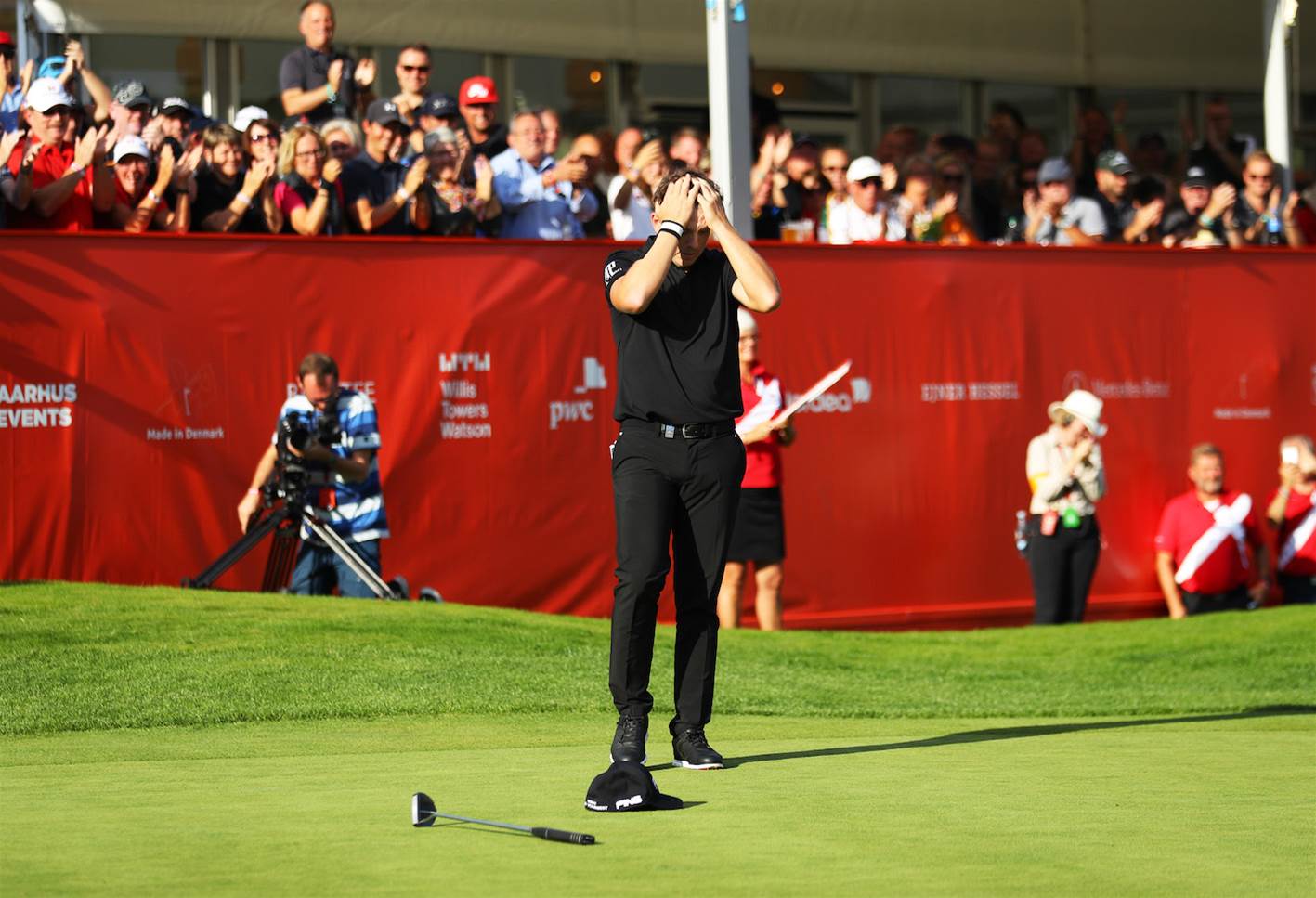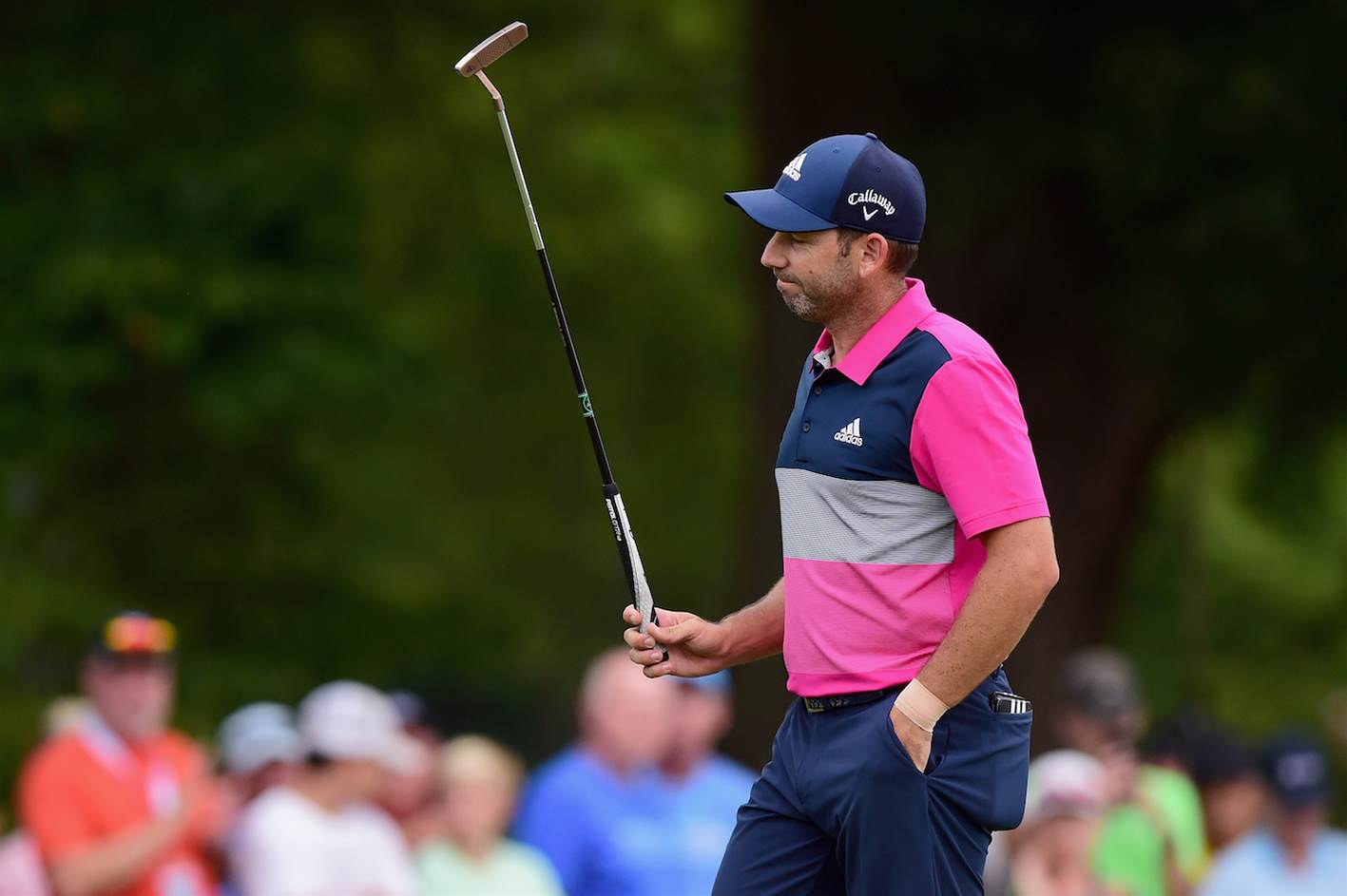In the 35 years or so that have passed since the Ryder Cup began to matter to this outside the world inhabited only by golf nerds, many things have changed and emerged.
The size of the audience. The desire of players to take part. The amount of money involved for the “owners,” the European Tour and the PGA of America. All have increased exponentially in the wake of the Old World’s increased competitiveness at the highest level of the game.
Alongside all of the above, a phoney war of words, verbal and written, has become an almost traditional part of the run-up to the biennial matches. And a sub-set of that inherently meaningless nonsense is the second-guessing of the wild-card picks made by both non-playing captains. This year is no different on that front, although US skipper Jim Furyk has largely escaped so far given the unusual unanimity that has followed his selection of Tiger Woods, Phil Mickelson, and Bryson Dechambeau. All three were obvious and predictable.

The same cannot be said of at least one of the four men – Paul Casey, Henrik Stenson, Sergio Garcia and Ian Poulter – named by European captain Thomas Bjorn. Legitimate and persuasive cases can be made to counter the claims of all four, not least that their much-touted past experiences in European colours – collectively 20 matches – also means that all four have accumulated both age and a commensurate level of scar tissue. The palpably off-form Garcia is the youngest of the four at 38, with the others all in their early 40s.
Which brings us to those who missed out. The likes of Matt Wallace, Rafa Cabrera-Bello, Thomas Pieters, Russell Knox and Matt Fitzpatrick all had their proponents, but it is the first two named that are deserving of most sympathy.
Neither Pieters and Fitzpatrick consistently performed at the level that took them both into the well-beaten 2016 European team. And Knox, after thrusting himself into contention with a second-place in the French Open (held at Ryder Cup venue, Le Golf National) and victory at the following week’s Irish Open has been similarly becalmed. For the Scot, so controversially left out two years ago, it was a case of “too-little, too early.”

In contrast, Wallace was the late-arriving in-form player the wild-card system is supposed to reward. Only last week, the 28-year old Englishman won the final counting event, the Made in Denmark, what was his third European Tour victory in 2018. In so doing he birdied eight of his final nine holes, a feat unprecedented on his home circuit. His case for inclusion was therefore strong, a “home-run” hitter seemingly perfectly suited to the cut-and-thrust of match play golf.
Garcia’s perceived value both on and off the course – two-time Ryder Cupper Lawrie calls him “the best thing in the European team room” – was an obvious factor.
Ah, but there are two sides to every golfing coin. With Wallace’s explosiveness comes an obvious inconsistency. Despite those three wins, he failed to qualify automatically for the Ryder Cup, having recorded only one other top-10 finish amidst seven missed cuts. Most damning was a month-long mid-summer madness. Wallace failed to play on four consecutive weekends at the French Open, Irish Open, Scottish Open and Open Championship.
The conclusion? Armed with an admirable and aesthetically pleasing full swing, Wallace has issues closer to the hole. Little wonder then that he is currently working with former Open champion Paul Lawrie on his short game,
Still, most sympathy is due Cabrera-Bello. Unbeaten in his Ryder Cup debut at Hazeltine two years ago, the Spaniard owns a long game the equal of almost anyone in the game. And had his tied for seventh place at last week’s Monday-finishing Dell Technologies Championship counted in the Ryder Cup qualifying, he and not Thorbjorn Olesen would have been the eighth and final automatic component in Bjorn’s squad.

Okay, why wasn’t he picked? Garcia’s perceived value both on and off the course – two-time Ryder Cupper Lawrie calls him “the best thing in the European team room” – was an obvious factor. But also working against Cabrera-Bello is the glaring weakness in his game. He is perhaps one of the three worst chippers and pitchers amongst golf’s elite performers, a fact cruelly highlighted by the four short shots he required to complete a closing bogey-six at the aforementioned Dell event.
So there you have it. Bjorn went with the old guard. Nothing new in that and completely justifiable. But should Europe lose for the second time in succession later this month, the verdict on the Dane’s captaincy will surely be laced with venom. Just another Ryder Cup tradition.
Related Articles

McIlroy pipped by Ryder Cup pal for World Tour title

Fleetwood keeps golden year going with India triumph












